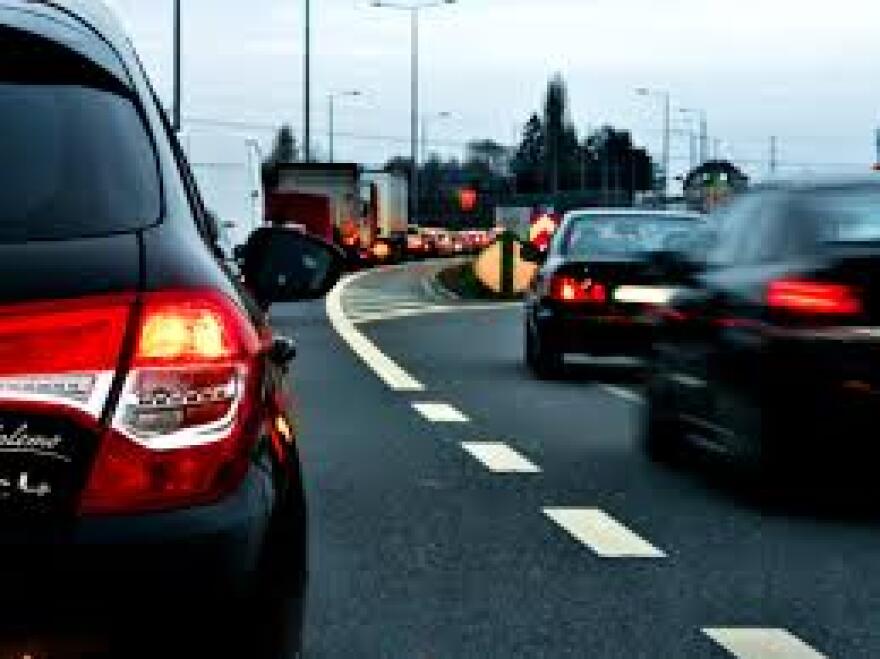In the spring, as COVID-19 halted the economy, automobile use plummeted. And so did greenhouse gas emissions. Now, a whitepaper from the University of California Riverside's(U.C.R.) Center for Economic Forecasting and Development says this will not last and, instead, California’s goals for reducing greenhouse gas emissions may be out of reach.
Hoyu Chong, a U.C.R. senior researcher and author of the whitepaper, says while Californian’s are driving less to work, they are still using their cars for everything else from grocery store trips to visiting parks. This is why she expects the long-term reduction of greenhouse gas emissions to be small—at just 2.4 percent.
“When you think about it, commuting to and from work really only makes up a small percentage of the vehicle miles traveled," said Chong. "Which ultimately means only a small slice of the state’s greenhouse gas emissions."
Only 30 percent of miles Californians drive are for commuting. And only a fraction of jobs can be done from home for the foreseeable future. So, a long-term reduction of emissions from driving is just not going to happen.
She hopes state leaders understand that air quality still faces the same challenges as before the pandemic. Car and truck emissions have been on an upward trend since the initial hard hit of the 2008 recession. Also, ridership of public transit is down due to health concerns. And in other countries further along in reopening, levels have not returned to normal. California’s aggressive climate change and emissions goals are dependent on a shift to public transit. This means the state may soon be off track.
“I hope that this pandemic sheds light on people’s transportation and mobility patterns," said Chong. "And that policy makers and state leaders can learn from it to help them to position California to better meet its goals and be the true climate leader that they want the state to be.”
Among her policy recommendations are accelerating vehicle electrification, and infrastructure changes to make walking and cycling a more possible alternative to automobiles.





